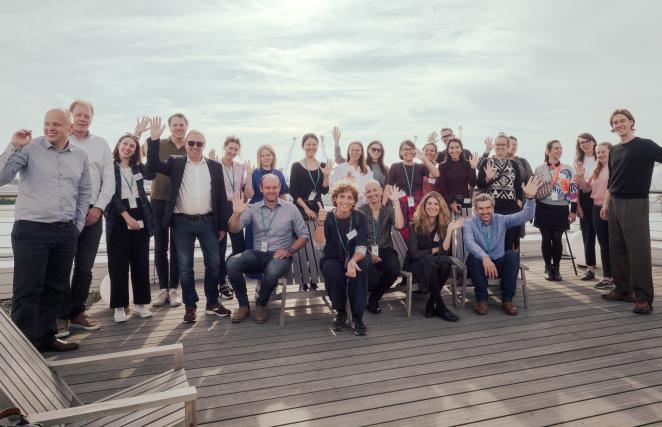
ABOUT THE CEO PROJECT


Transitioning from a traditional linear model
In the EU, a staggering 80-90% of discarded office furniture ends up being incinerated or landfilled, resulting in unnecessary CO2 emissions and material waste. Despite promising initiatives and learnings from previous EU projects in the North Sea region, implementation on a large scale remains lacking. There is a critical need to bridge the gap between sustainable office furniture management and evolving demands in the work environment, particularly in light of the COVID-19 pandemic
Connecting economic recovery with green transition
CEO aims to establish a strong regional connection that accelerates the sector's progress towards an innovative, resource-efficient, and circular economy after years of economic decline fostered by the pandemic. By promoting scalability and introducing modularity and adaptability in product design, the project aims to extend the product life cycle and reduce waste. CEO seeks to encourage public and private stakeholders across the entire value chain to adopt a circular economy mindset and embrace sustainable practices, products, and solutions. Through the development of seven pilots, existing ideas will be scaled up, innovative approaches tested, and the sector's sustainable transformation and adoption facilitated. This will include improving the legal framework to ensure flexibility, climate protection, and the establishment of territorial connections.
Advancing the circularity movement in the North Sea region
CEO, with its comprehensive and innovative approach, positions the North Sea region as a pioneer in the circularity movement, offering benefits that extend beyond environmental and economic aspects to the entire region. CEO partner cities and regions will play a crucial role in the sector's transformation towards circularity. The diverse experience levels of the project partners present an opportunity to address various local starting points, and through transnational exchange, all partners will progress more rapidly to a higher level of circularity. The sector requires spatial integration that transcends urban and national boundaries, aiming to close the office furniture loops. CEO's dedication to replicability will result in spill-overs to other urban, peri-urban, and rural areas, driving progress throughout the NSR and strengthening its resilience.